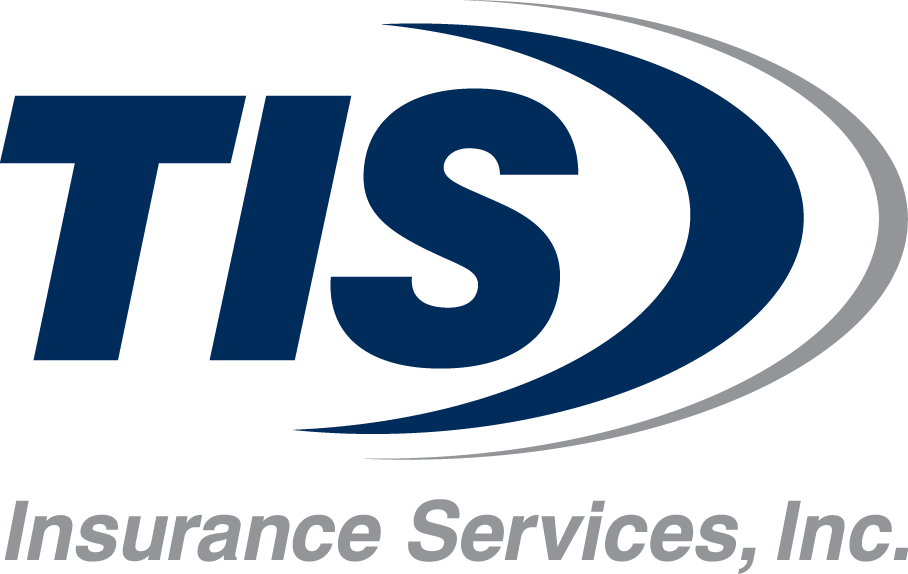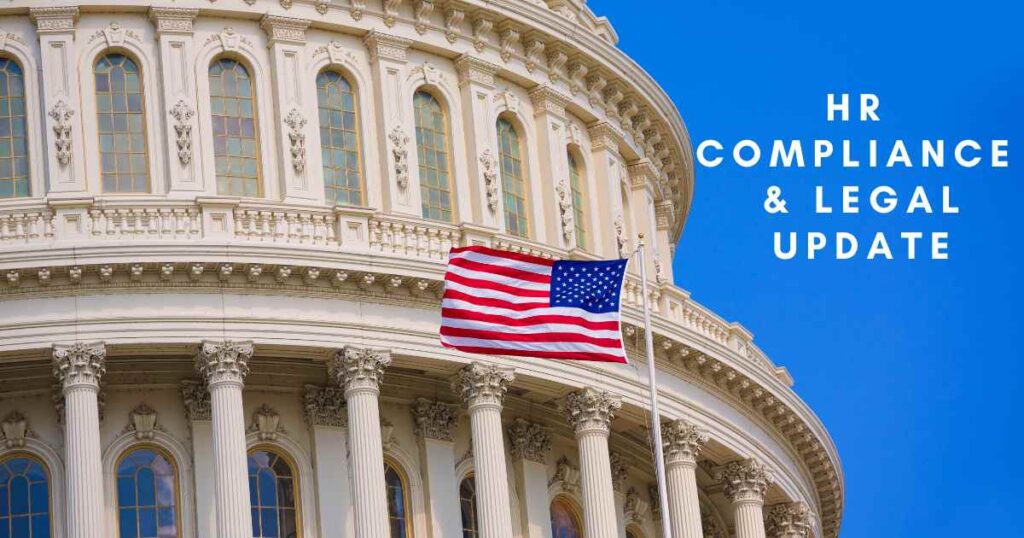This alert is of interest to all applicable large employers (ALEs) – generally, those with at least 50 full-time equivalent employees.
The Internal Revenue Service (IRS) has released Rev. Proc. 2024-35, which contains the inflation adjusted amounts for 2025 used to determine whether employer-sponsored coverage is “affordable” for purposes of the Affordable Care Act’s (ACA) employer shared responsibility provisions and premium tax credit program. As shown in the table below, for plan years beginning in 2025, the affordability percentage for employer mandate purposes is indexed to 9.02%. This is a slight increase from 2024. Employer shared responsibility payments are also indexed and decreased for the first time in 2025.
.
| Code Section | 4980H(a) | 4980H(b) | 36B(b)(3)(A)(i) |
| Description | Coverage not offered to 95% of (or all but 5) full-time employees. “No Offer” penalty | Coverage offered, but unaffordable or is not minimum value. “Affordability” penalty | Premium credits and affordability safe harbors. |
| 2025 | $2,900 | $4,350 | 9.02% |
| 2024 | $2,970 | $4,460 | 8.39% |
| 2023 | $2,880 | $4,320 | 9.12% |
| 2022 | $2,750 | $4,120 | 9.61% |
| 2021 | $2,700 | $4,060 | 9.83% |
Under the ACA, applicable large employers (ALEs) must offer affordable health insurance coverage to full-time employees. If the ALE does not offer affordable coverage, it may be subject to an employer shared responsibility payment. An ALE is an employer that employed 50 or more full-time equivalent employees on average in the prior calendar year. Coverage is considered affordable if the employee’s required contribution for self-only coverage under the employer’s lowest-cost, minimum value plan does not exceed 9.02% of the employee’s household income in 2025 (prior years are also shown above). An ALE may rely on one or more safe harbors in determining if coverage is affordable: W-2, Rate of Pay, and Federal Poverty Level.
If the employer’s coverage is not affordable under one of the safe harbors and a full-time employee is approved for a premium tax credit for Marketplace coverage, the employer may be subject to an employer shared responsibility payment.
Since 2019, the individual mandate penalty imposed on individual taxpayers for failure to have qualifying health coverage was reduced to $0 under the Tax Cuts and Jobs Act, effectively repealing the federal individual mandate. A previous lawsuit challenging the constitutionality of the ACA due to this change to the individual mandate penalty was unsuccessful. The employer mandate has not been repealed and the IRS continues to enforce it through Letter 226J. The IRS is currently enforcing employer shared responsibility payments for tax years 2022 as well as enforcing the reporting requirement itself. The IRS aggressively enforces the ACA reporting requirement, notifying applicable large employers via Letter 5699 if the IRS has not received the employer’s form 1094-C and forms 1095-C.
Action Items for Employers
This change in the affordability threshold for next year affords employers only a modest increase from 2024 in terms of setting affordability. As such, Applicable Large Employers should do the following in preparation for 2025:
Partner with compliance experts who can provide insights and guidance tailored to your organization’s needs. Expert support can help you navigate complex regulations and implement effective compliance strategies.
- Familiarize themselves with the updated, increased affordability percentage for plan years beginning in 2025.
- Factor in this increase when setting employee contribution rates for plan years beginning in 2025 to ensure coverage will be affordable. For employers with non-calendar year plans, use the affordability percentage in place at the start of the plan year.
- Be prepared to file forms 1094-C and 1095-C with the IRS electronically in 2025
Check to ensure prior year forms have been filed and accepted by the IRS. Employers who e-file receive a receipt ID if their filing is “accepted” or “accepted with errors.”
About the Author. This alert was prepared for TIS by Barrow Weatherhead Lent LLP, a national law firm with recognized experts on the Affordable Care Act. Contact Stacy Barrow or Nicole Quinn-Gato at sbarrow@marbarlaw.com or nquinngato@marbarlaw.com.
The information provided in this alert is not, is not intended to be, and shall not be construed to be, either the provision of legal advice or an offer to provide legal services, nor does it necessarily reflect the opinions of the agency, our lawyers, or our clients. This is not legal advice. No client-lawyer relationship between you and our lawyers is or may be created by your use of this information. Rather, the content is intended as a general overview of the subject matter covered. TIS and Barrow Weatherhead Lent LLP are not obligated to provide updates on the information presented herein. Those reading this alert are encouraged to seek direct counsel on legal questions.
© 2024 Barrow Weatherhead Lent LLP. All Rights Reserved.






